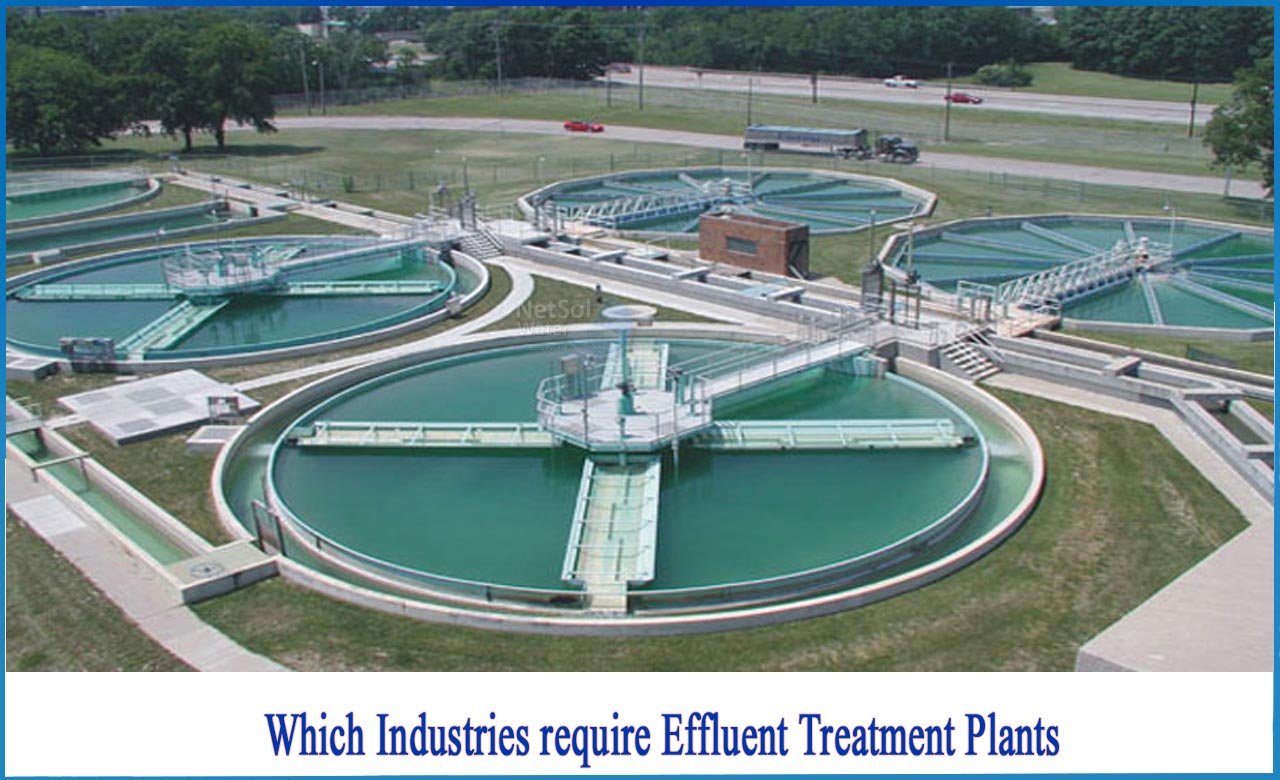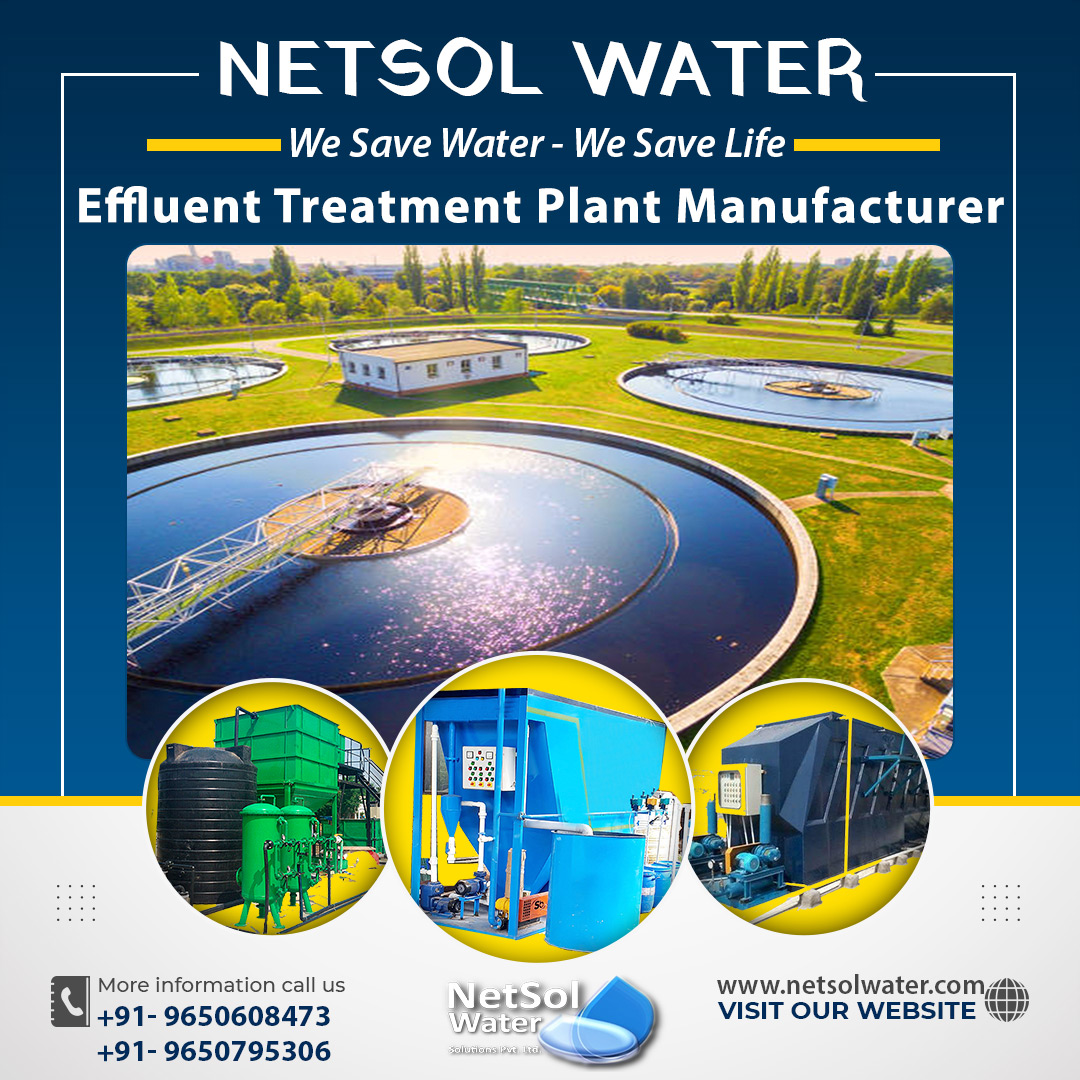Why are Effluent Treatment Plants required? Why is there a need for ETPs?
Effluent Treatment Plant ensures that contaminated and polluted industrial water is treated and made reusable before being released back into the environment. Humans will be unable to obtain clean, useable water for different purposes without this treatment.
Processes included in ETPs
Biological, physical, and chemical processes are all included. Its goal is to release clean water into the environment in order to keep it from being contaminated. Pretreatment, screening, grit removal, Flow Equalization, Primary Treatment, Secondary Treatment, and Tertiary Treatment are all part of the treatment process.
Which Industries require ETP Plant?
Some of the major businesses that require the installation of an Effluent Treatment Plant (ETP) to filter wastewater before it is discharged include:
1. Food industries;
2. Pharmaceutical sector;
3. Textile Sector;
4. Pulp and paper manufacturing industries;
5. Automobile manufacturing industries;
6. Dye industries;
7. Dairy industries;
8. Beverage industries,
9. Chemical Industries and much more.
Here, we will talk about few sectors in detail;
1: Manufacturing Sector: According to the Ministry of Environment and Climate Change's guidelines, all manufacturing companies such as electroplating and phosphate industries, paper industries, steel mills, sugar mills, dyeing industries, food & beverage industries, pharmaceutical & drug plants, tanneries, and automobiles have faced strict regulations on wastewater and its unregulated discharge. Thus, such wastewater treatment plants have a reputation for conserving energy and removing polluted effluent in a cost-effective manner for Manufacturing Sector.
2: ETPs for Hospitals: Many radioactive isotopes, microbiological pathogens, particles of spent solutions, syringes, huge pieces of metals, and disinfectants are present in the effluent produced by Hospitals, all of which are potentially detrimental to human survival. As a result, environmentalists place a high value on wastewater treatment plants for hospitals, which require a big amount of fresh running water for daily operations.
3: Chemical Industry ETPs: Petrochemicals, agrochemicals, ceramics, polymers, rubber oleochemicals, explosives, perfumes, are among the chemical-based products produced in this business. Water becomes harmful during the production of all of these items because it contains both biological and inorganic materials. As a result, before being discharged into the water cycle, the effluent must be treated.
4: ETPs for Pharmaceutical Sector: During the production or formulation of medicines, the pharmaceutical sector generates lot of waste water. Unidentified particles are effectively removed by aerobic/anaerobic treatment, membrane filtration, and RO plants. Oils and grease, as well as many hazardous compounds, are found in industrial effluent from Pharma sector.
5: ETPs for Textile industry: The textile business produces a large volume of wastewater comprising a variety of chemicals used in dyeing, printing, and finishing processes. ETP's main purpose is to clean Effluent and recycle it for future use. The basic goal of the technology is to reduce the amount of Effluent to zero by separating water and salt using evaporation and separation technology. Before being discharged into the environment, the effluent must meet quality criteria.
Conclusion
Industry is a major contributor to water contamination. The aesthetic quality of water courses such as ponds, lakes, rivers, and other bodies of water is harmed by industrial effluents. It also has a major negative impact on human health. Furthermore, contaminated wastewater (untreated effluent) contains both organic and inorganic debris, which kills marine life and limits its capacity to reproduce. Therefore, the “Ministry of the Environment and Climate Change” has recommended standards for cleaning wastewater, before it is released back into the Environment.
How can we help?
Netsol Water is one of the best Manufacturers of ETPs in India. The wastewater is processed in our Effluent Treatment Plants, which can also be adjusted to make the treated water appropriate for re-use. Our plants assist small and medium-sized businesses by eliminating the effluents produced by their operations. We believe that without proper treatment, we will be unable to obtain fresh, drinkable, and usable water for home or other purposes.Give us a call on +919650608473 or contact via email at enquiry@netsolwater.com for further consultation or product purchase related query.




